“There is still a very strong bias towards men in clinical trials, and this is also because women’s bodies have always been complicated.
By complicated I mean, that we have a four-week cycle. If you think about it, with all the research done over the years, there’s been very little done into or looking into (this aspect),” says Suzaan Sauerman in this Transformation in Trials podcast.
Fast track
According to her, wearables can accelerate research, bypassing big pharma.
“Let’s collect some data of about 100,000 women, and let’s look at that data and let’s see what we can analyze in very specific medical research.
So that is really, a way to also look at this, where clinical trials can also become a mixture, of starting to use wearables to an advantage,” she suggests.
A mothers story
In the podcast, Suzaan Sauerman shares the story of her mother, who, after receiving medicine for a heart disease at 78, found that her menopause was back.
“I was just in shock. I immediately realized oh wow, the medicine she’s on has not been created for her, and now it’s having an effect where it’s actually causing havoc, in her body.”

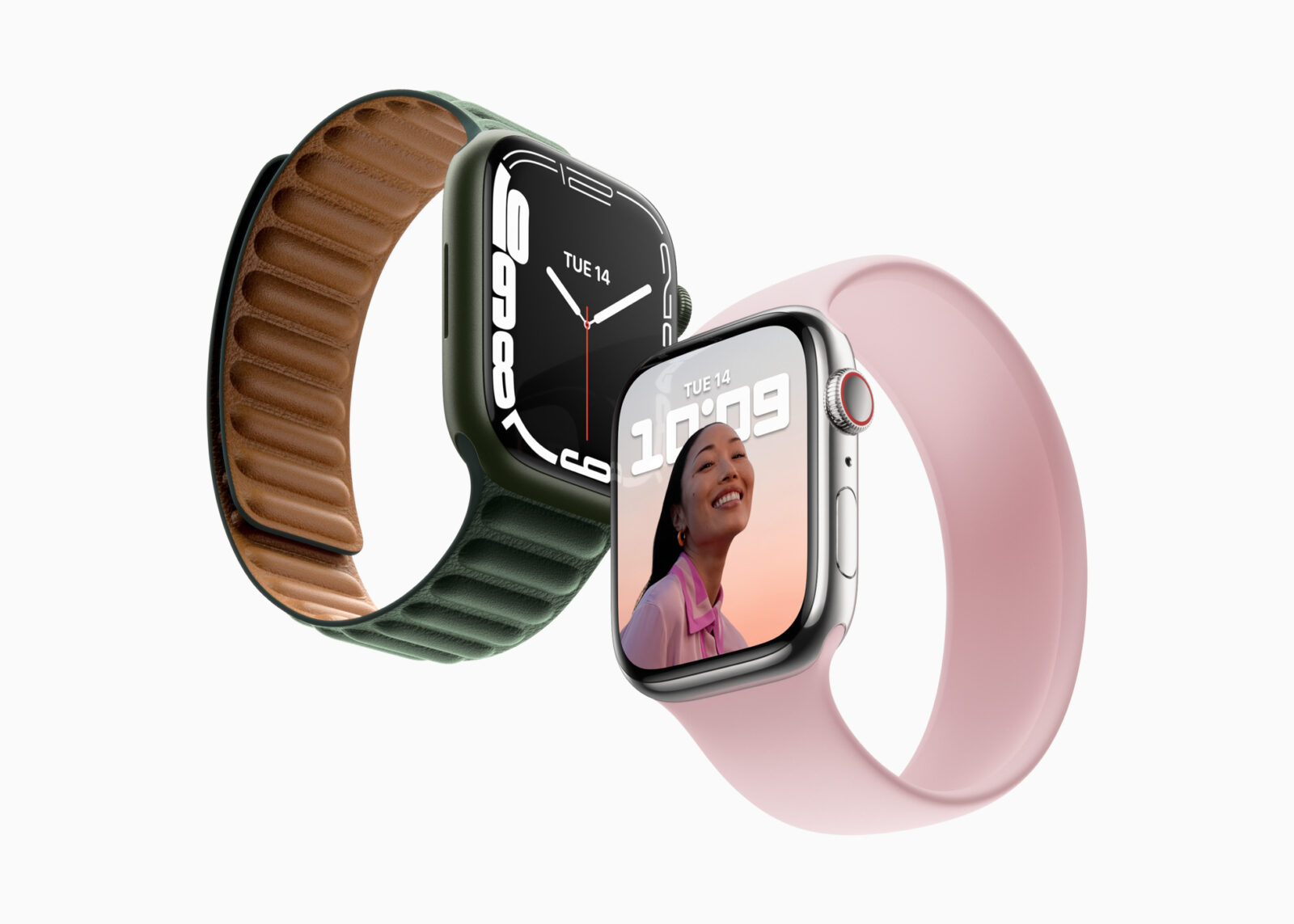
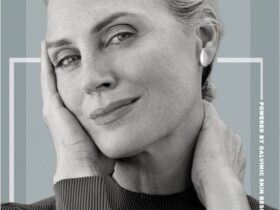
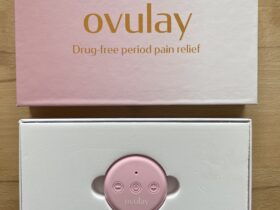






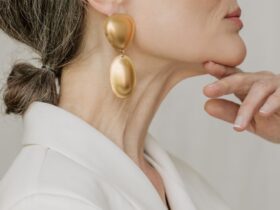
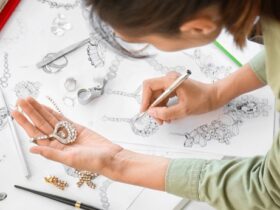

Leave a Reply